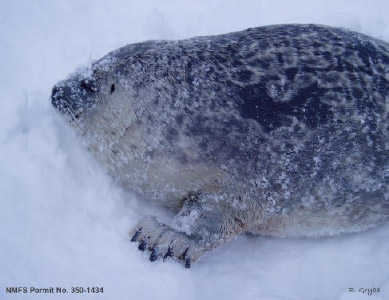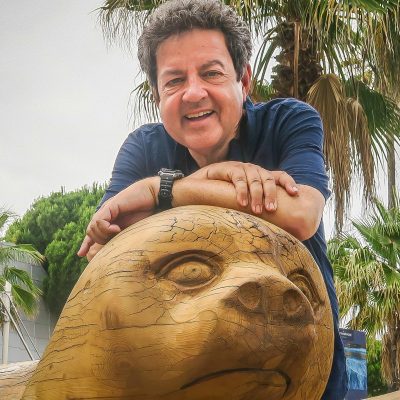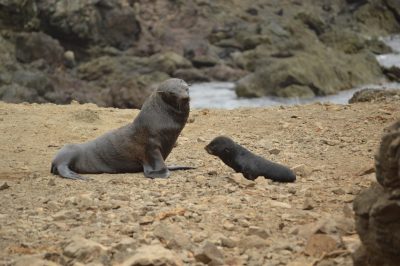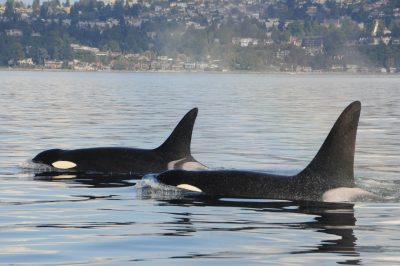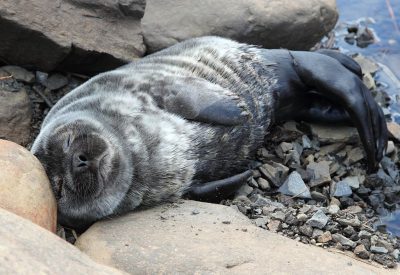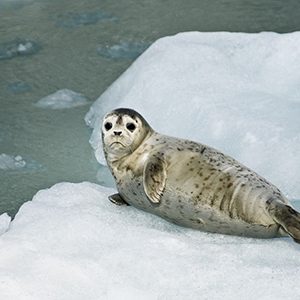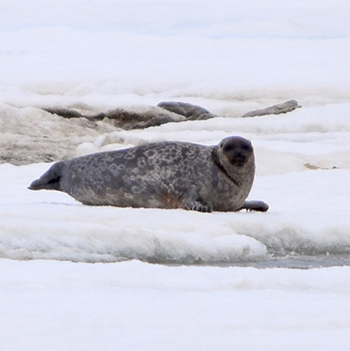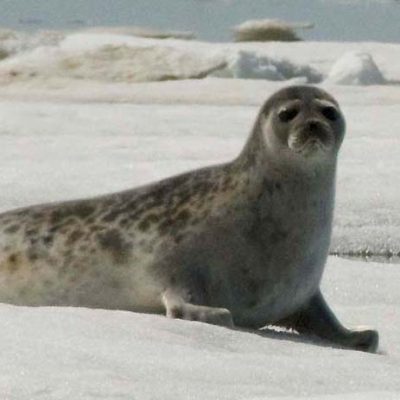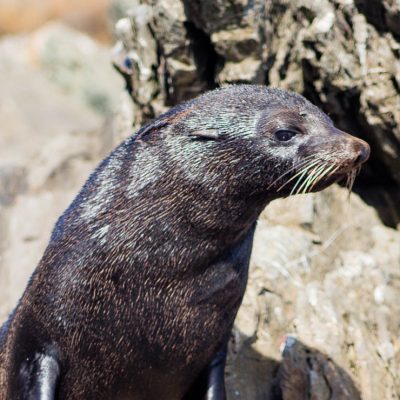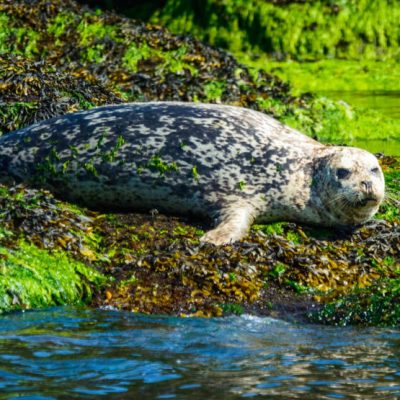Indigenous Knowledge invaluable in identifying important habitats
Indigenous Knowledge can provide a holistic understanding of species’ habitat use given that it contains observations of multiple species across seasons and includes animals’ complex relationships with other species and habitats.
Questions about whales, seals, sea lions, or other marine mammals? Dr. Andrew Trites is your ‘go-to’ guy.
Dr. Andrew Trites has won UBC’s President’s Award for Public Education through Media.
The long road to recovery: consequences of harassment of Guadalupe fur seals pups
Breeding activity at the second breeding site in the San Benito archipelago inspired hope for the species’ recovery, but researchers were shocked by the disturbing behaviour they observed from immature males, which may jeopardize this progress.
What could be impacting the food source of Southern Resident killer whales?
There are currently 74 Southern Resident killer whales, and this population is listed as endangered in both Canada and the U.S. The species relies on Pacific salmon (Chinook and coho) for food, however these salmon populations have been decreasing for decades.
UBC study analyzes the movements and dives of Hudson Bay ringed seals
Being a part of the Arctic food web means constantly moving around trying to avoid being eaten while looking for a snack yourself.
Long-term studies quantify the prey requirements of pinnipeds, and help predict the effects of nutritional stress
Two new studies by Dr. David Rosen answer the question: “How much fish does a seal need?”
Food for seals and other Arctic predators is shrinking — literally
Unchecked climate change may leave some Arctic predators, such as seals and whales, surviving off of marine “junk food”.
PROFILE: Using mathematical ingenuity to solve ecological puzzles
“Ecology has a lot of difficult data to handle, and a big part of my research is developing new statistical methods to tackle these problems,” says Dr. Marie Auger-Méthé.
Guadalupe fur seals continue to recover as new colony discovered
New colony of Guadalupe fur seals discovered on El Farallón de San Ignacio Island, Gulf of California
Harbour seals respond differently to pulses of out-migrating coho and Chinook salmon smolts
UBC researchers set out to determine who was eating juvenile salmon, and when and where it was occurring by capturing and tracking harbour seals that carried cell-phone-like devices that recorded everything and everywhere the seals went.
